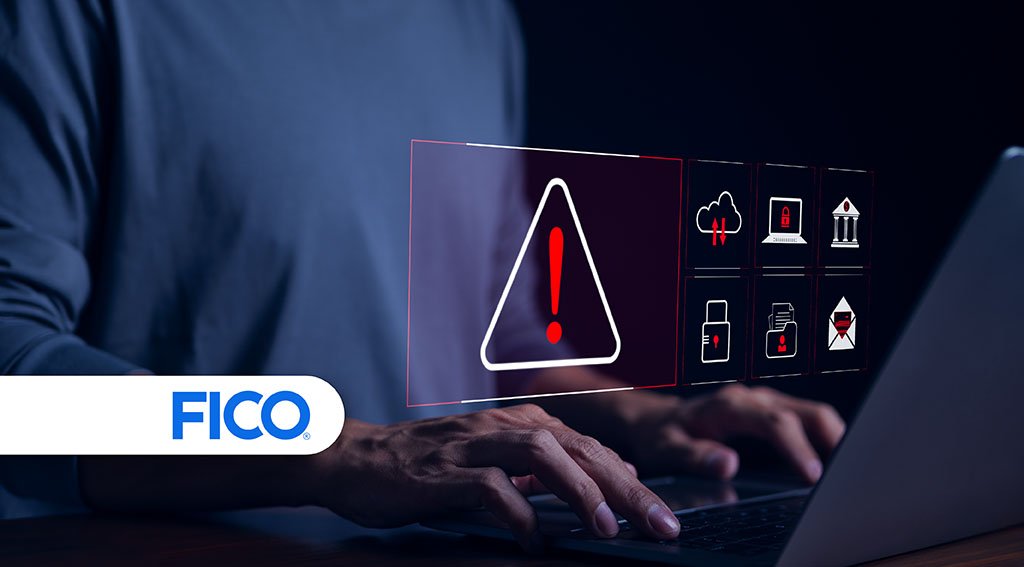Scams and mule accounts have overtaken other types of fraud as the top concern for banks in Asia Pacific, according to a new poll by analytics software firm FICO.
In the survey, 69% of senior banking executives said these scams were their primary worry, highlighting the growing number of cases where victims are tricked into authorising payments that are difficult to trace or reverse.
Unlike traditional fraud involving unauthorised transactions that banks can often block, scams bypass existing defences because the victim approves the transfer.
Criminals then move the funds through mule accounts across institutions and borders, making recovery difficult.
The issue has become more urgent as scam losses hit record highs across the region.
Singapore saw more than S$1.1 billion (US$860 million) in scam-related losses in 2024, a 70% increase from the previous year.
Thailand reported ฿60 billion (US$1.7 billion) in damages, while Malaysia’s losses were estimated at RM54 billion (US$12.78 billion), or nearly 3% of GDP.
Similar patterns were seen in the Philippines and Indonesia, where scam activity now dominates cybercrime reports.
Social Media Drives Scam Activity Across the Region
Social media was identified by 52% of respondents as the top external threat vector for scams, followed by messaging apps (35%).
Platforms like Facebook, TikTok, and Telegram are commonly used to impersonate officials, promote fake investments, advertise bogus job offers, and recruit money mules.
Some victims are persuaded to “rent out” their bank accounts for quick cash, not realising they are facilitating financial crime.
In Thailand, more than 200,000 mule accounts were shut down in a single year.
Singapore has introduced laws to criminalise the supply of mule accounts and give banks and authorities powers to act in real time.
Internally, banks face operational barriers in detecting and responding to scams.
Forty-six percent cited siloed data as the biggest issue, followed by lack of connected insights across products and channels (28%) and limited real-time integration with third-party systems (13%).
The poll also explored views on victim compensation. Just 14% of respondents said banks should fully reimburse customers in all scam cases.
Half believed reimbursement should apply only when the bank is at fault, while 36% supported a shared responsibility model.
The findings were collected at FICO’s Asia Pacific Fraud Forum in June 2025, which gathered over 40 fraud and risk leaders from financial institutions across the region.

“Scam activity is often fast, fluid, and fragmented. To respond effectively, banks need connected systems that provide a complete, real time view of risk.
Without breaking down internal silos and unifying insights across teams, many institutions will remain on the back foot.”
said Dattu Kompella, Managing Director of Asia Pacific for FICO.
Featured image: Edited by Fintech News Singapore, based on image by 89stocker via Freepik

